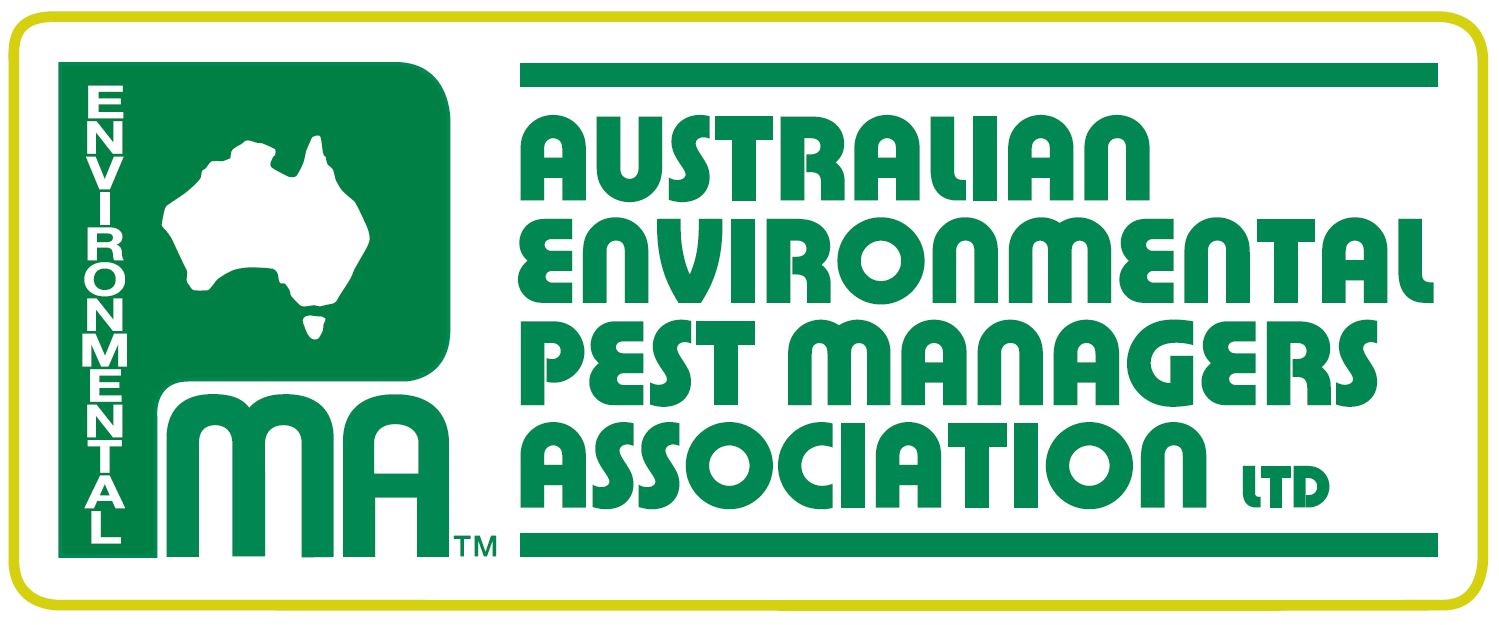Flies Control

Flies belong to the Order Diptera (meaning two wings) and plague every part of the world, except the polar ice caps. For every fly seen, there are approximately fifteen more hidden from view.
- There are many different types of flies. The most common flies are the house fly (otherwise known as filth fly), the fruit fly, drain fly and horse fly. Common houseflies are grey and black in colour and approximately 10mm long. Horseflies are greenish in colour and larger, and fruitflies are reddish in colour and smaller. Flies are covered with small hairs that serve as taste organs. Their compound eyes are extremely complex, having thousands of individual lenses allowing them to see 360 degrees at a time.
- Flies can be a real nuisance when they are flying around. They are filthy creatures that live off animal faeces and rotting garbage, picking up bacteria and disease causing organisms and transporting them into your home or business, so it is vitally important to get rid of them. A single fly can carry over one million bacteria, making flies the most prolific carriers of disease known to man. They are known to transfer over sixty different diseases, including typhoid fever, tuberculosis, cholera, malaria, polio, dysentery and infantile diarrhoea. Flies collect bacteria on their legs and mouths when feeding on faeces, trash and other decaying matter. They spread diseases readily because they move quickly from rotten, disease laden garbage and faeces to exposed human food and utensils. Flies land often and therefore deposit thousands of bacteria each time they land.
- The lifecycle of a fly passes through four stages: Egg - Larva - Pupa - Adult.
- Flies pass through the egg, larval and pupal stages in approximately ten days, after which adult flies emerge. The average lifespan of a fly is approximately one month. Fly eggs are laid in almost any warm, moist material that will provide suitable food for larvae. The female begins laying eggs a few days after hatching, normally laying about five batches of approximately 75 -100 eggs at a time.
- Flies reproduce quickly in warm weather when eggs can hatch in 12 – 24 hours. One pair of flies can produce more than one million offspring in as little as two months.
- For successful fly eradication it is very important to identify the places where flies have been depositing their eggs. The breeding site must be cleaned up or removed. If not, the flies will continue to be a problem. The next step is to eliminate the adult flies. Depending on the situation, it may be necessary to use fly bait, traps or a pesticide application.
- Sanitation is critical in controlling flies. There is nothing these pests likes less than proper sanitation.
- Adult flies need a place to lay their eggs and a clean home and yard won’t appeal to them.
To keep flies from breeding in or near your home:
- Clean up all pet and animal faeces promptly. Any fresh, moist faeces will attract flies.
- Dispose of kitchen scraps and organic waste properly. Drain any moisture you can from it before throwing it away and put it in a garbage bin with a tight sealing lid. Scrub out your garbage bins frequently to remove any food or pet waste residue
- If you save kitchen waste for your compost heap, add some sawdust to your scrap bin to help absorb moisture and odours that might attract flies. Don’t put meat or animal waste in your compost bin.
- Install and maintain tight-fitting window and door fly screens. Check your screens for holes and tears and repair as needed. Caulk and seal any openings around windows, doors or in your foundation.
An experienced and qualified PEST–ZAP technician is trained to rid your premises of unwanted flies and to advise you how to keep your home or business fly free.
Ready to get started
PEST-ZAP specialises in the control of common domestic pests near Eltham making your home safer for your family.

